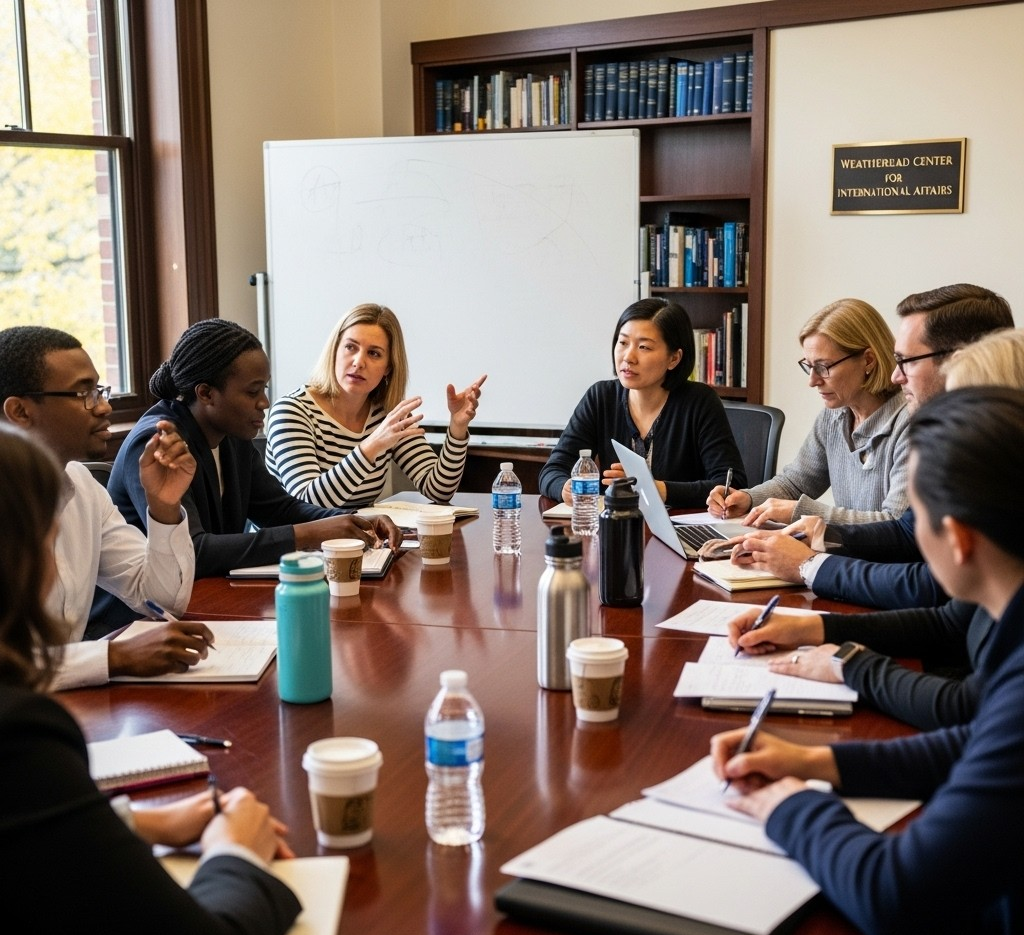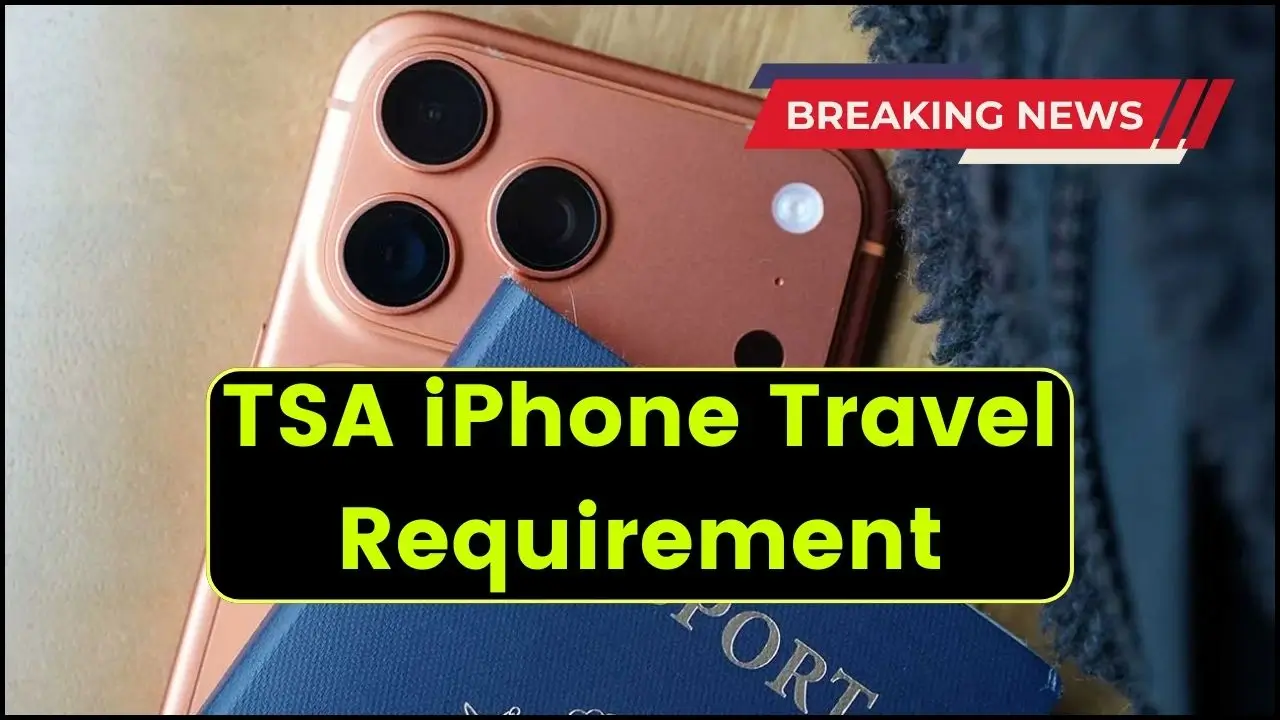The Harvard Academy Scholarships 2026 represent more than just funding; they are a gateway to one of the world’s most vibrant intellectual communities for recent PhD recipients in the social sciences. For ambitious scholars aiming to produce groundbreaking work on non-Western cultures or countries, this postdoctoral fellowship is a career-defining opportunity. Navigating the application can feel daunting, but it doesn’t have to be. This guide will provide you with a clear, step-by-step roadmap to understanding the scholarship, preparing a compelling application, and positioning yourself for success.

Harvard Academy Scholarships 2026
| Key Fact | Detail |
| Generous Stipend | An annual stipend of $75,000 for postdoctoral Academy Scholars. |
| Program Duration | A two-year, in-residence postdoctoral appointment in Cambridge, Massachusetts. |
| Application Window | Applications typically open in the summer and close in late September. The deadline for the 2026 cohort is September 20, 2025. |
| Focus Area | Designed for scholars conducting research in the social sciences with a specialization in international and area studies. |
The Harvard Academy Scholarships 2026 offer a rare and transformative opportunity. It requires dedication and a meticulously prepared application, but the potential rewards are immense. Your groundbreaking research deserves a world-class platform, and this could be the one that launches the next stage of your academic career. Begin preparing your materials early, seek feedback from your mentors, and present your scholarship with the confidence it deserves.The Academy Scholars Program.
What Exactly Are the Harvard Academy Scholarships?
Hosted at Harvard University’s Weatherhead Center for International Affairs, the Harvard Academy for International and Area Studies is a prestigious community dedicated to fostering outstanding scholars at the start of their careers. This isn’t just a standard Harvard postdoc fellowship; it’s an integrated program that supports and mentors the next generation of thinkers whose work focuses on the languages, cultures, and institutions of regions outside of the United States and Canada.
The core mission is to provide scholars with the time, resources, and intellectual environment to advance their research and grow professionally. It’s a space where you can transform your doctoral dissertation into a published book, launch a second major research project, and build lasting connections with senior and junior colleagues.

Are You the Ideal Candidate? Unpacking the Eligibility Criteria
Before you invest time and energy into the application, it’s crucial to ensure you meet the specific eligibility requirements. The selection committee seeks exceptional individuals with a demonstrated capacity for innovative and rigorous research.
Here’s a simple checklist of the core requirements:
- Educational Background: You must have a recent PhD or an equivalent doctoral degree (e.g., SJD).3 The program is exclusively for scholars in the social sciences.
- Completion Date: Your doctorate must have been completed no more than ten years before the application deadline. In my experience advising applicants for elite fellowships, this is a firm rule, designed to support early-career academics.
- Dissertation Status: Candidates who are well on their way to completing their dissertation (ABD, or All But Dissertation) are eligible, provided they will have their PhD in hand by the start of the fellowship appointment in August 2026.
- International Applicants: The program warmly welcomes applications from scholars of all nationalities. There are no citizenship restrictions.
Your Application Toolkit: Crafting a Winning Submission for the Harvard Academy Scholarships 2026
A successful application is a masterclass in clarity, precision, and intellectual passion. Each component must work together to tell a cohesive story about who you are as a scholar and why your research matters. I’ve seen many successful applicants excel because their application tells a compelling story, not just a list of accomplishments.
Here’s how to tackle each part of the application.
The Research Proposal: Your Intellectual Blueprint
This is the heart of your application. Your proposal (typically limited to 2,500 words) should clearly articulate the research you plan to undertake during the two-year fellowship.
- Be Specific: Clearly state your research question, methodology, and expected outcomes.
- Show Originality: What makes your project unique? How does it challenge or extend existing scholarship in your field?
- Demonstrate Feasibility: Convince the committee that you can realistically complete the proposed work within the two-year timeframe. Mention the resources at Harvard that would be particularly beneficial.
Your Curriculum Vitae (CV): Beyond a Simple List
Your CV should be meticulously updated and tailored to highlight your academic achievements. Emphasize publications, conference presentations, awards, and any prior research experience relevant to your proposed project. It should paint a picture of a productive and engaged scholar.
Three Letters of Recommendation: Choosing Your Champions
Your letters of recommendation are critical. Choose recommenders who know you and your research intimately.
- Provide Information: Give your recommenders ample time and provide them with your CV, research proposal, and a clear summary of the scholarship.
- Choose Wisely: Select professors or senior colleagues who can speak with authority about your intellectual abilities, your research potential, and your character.
The Little Details: Transcripts and Cover Letter
Don’t overlook the smaller components. Your official PhD transcript confirms your academic standing. The cover letter is your chance to frame your application, briefly introducing yourself and your research interests in a compelling and personal way.
The Financial Freedom to Focus: What the Scholarship Covers
One of the most significant benefits of this fellowship is the comprehensive financial support, which allows you to dedicate yourself fully to your research. This is a fully funded scholarship at Harvard in the truest sense.
As a Postdoctoral Academy Scholar, you will receive:
- An annual stipend of $75,000.
- Funding for conference and research travel.
- Access to Harvard’s world-class libraries and facilities.
- Health insurance coverage.
Life as an Academy Scholar: Beyond the Books and Stipend
The value of the Harvard Academy experience extends far beyond the financial support. You become part of a close-knit, interdisciplinary community.
Scholars are expected to actively participate in the Academy’s activities, including weekly seminars, workshops, and annual academic retreats. This environment fosters intellectual cross-pollination, where a political scientist studying Southeast Asia can gain new perspectives from an anthropologist focused on Latin America. You will be mentored by a distinguished group of Harvard’s senior faculty, providing invaluable guidance as you navigate your career.

Your Compass to the Seas of Science: A Guide to the IOCCG Platt Scholarship 2026
Sungkyunkwan University Graduate School Scholarships for Spring 2026: Your Essential Guide
FAQ
Q1:Can I apply if my PhD is not in the social sciences?
The Academy Scholars Program is specifically for those with a PhD in a social science discipline.While interdisciplinary work is valued, your core training and research project must be grounded in the social sciences.
Q2:Is there an application fee for the Harvard Academy Scholarship?
No, there is no fee to apply for the Academy Scholars Program. This policy ensures that all eligible candidates have the opportunity to be considered, regardless of their financial circumstances.
Q3:What is the selection timeline after the application is submitted?
After the September deadline, applications are reviewed by a selection committee. Finalists are typically notified in December or January, with final decisions announced in February. The fellowship appointment begins the following August.
Q4:Are international scholars required to submit proof of English proficiency?
While official test scores like TOEFL or IELTS are not explicitly listed as a mandatory component for all, proficiency in English is essential for full participation in the program’s seminars and community. The entire application must be submitted in English, and your ability will be assessed through your written materials and potential interviews.






